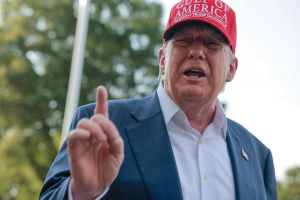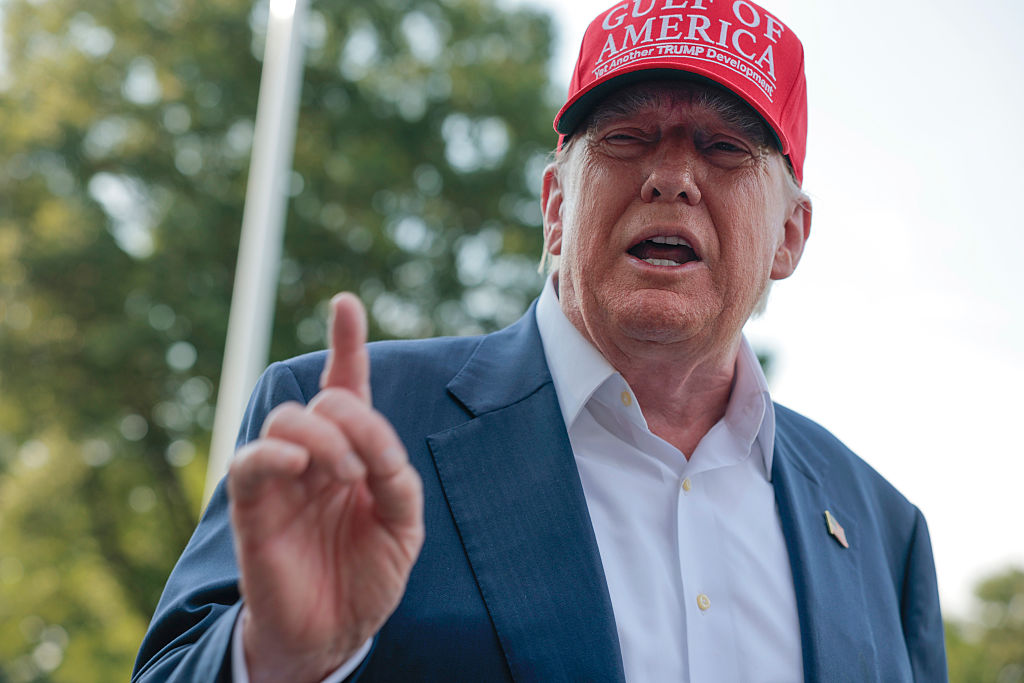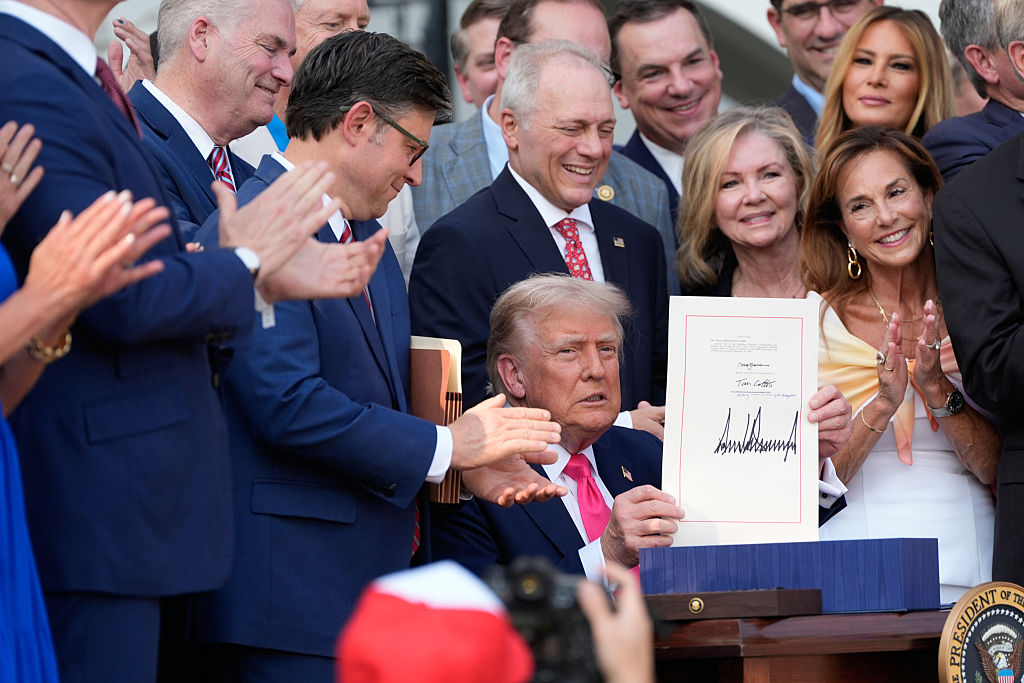When Biden met Xi
Joe Biden’s meeting with Xi Jinping this morning was arguably the most important of his presidency so far. The two leaders spoke for more than three hours ahead of the G20 summit in Bali. It is their first in-person meeting since Biden became president and it comes at a low ebb for US-China relations.
The aim appears to have been to deliver a reassuring message of deescalation and cooperation. “I absolutely believe there need not be a new Cold War,” said Biden after the meeting. “We’re going to compete vigorously, but I’m not looking for conflict. I’m looking to manage this competition responsibly.”
The White House readout talked up the need for cooperation on everything from climate change to global economic stability and cited agreement on opposition to the use or threat of the use of nuclear weapons in Ukraine.
Beneath the talk of cooperation were signs as to why US-China relations have taken a turn for the worse. The Chinese readout of the talks emphasized China’s uncompromising line on Taiwan. “[President Xi] stressed that the Taiwan question is at the very core of China’s core interests, the bedrock of the political foundation of China-US relations, and the first red line that must not be crossed in China-US relations. Resolving the Taiwan question is a matter for the Chinese and China’s internal affair.”
With the focus on distinctions between Cold War and vigorous competition, Biden’s comments after the summit echo his administration’s national security strategy, published last month. Biden and his advisors bend over backwards to avoid admissions that we are in a Cold War but, on everything from Taiwan to semiconductor production, increasingly act as though we are. If anything, today’s high-profile summit was further confirmation of that fact: a meeting on neutral territory with assurances of continued communication, discussion of nuclear weapons and close analysis of text and subtext. This is part of what Cold Wars are made, whether or not the president wants to call it that.
*** Sign up to receive the DC Diary in your inbox here ***
A recipe for GOP civil war
What is a clearer indication of how far Republicans undershot expectations last Tuesday: the fact that, six days after Election Day, control of the House is still up for grabs, or that, depending on what happens in the Georgia runoff next month, Democrats may well end up adding to their tally in the Senate? Neither look great for the GOP — hence the furious finger-pointing among Republicans in both the House and the Senate.
Buckle up for a tumultuous week on the Hill as incumbent Republican leaders look to cling on to the reins.
In the Senate, Mitch McConnell faces a possible challenge from Florida lawmaker Rick Scott with a growing bloc of senators, including Marco Rubio, Ted Cruz and Josh Hawley, calling for a delay to a leadership vote scheduled for Wednesday. GOP conference chair John Barrasso insists that the vote will go ahead as planned.
In the House, Kevin McCarthy is the only declared candidate for House speaker — for now. The man poised to take the gavel from Nancy Pelosi must first navigate the swirling currents on his own side of the aisle. McCarthy is set to be nominated as the party’s pick for the speaker tomorrow. He too is facing calls for a delay to that vote, but even if he clears that hurdle, it will only be the start of a very long few weeks as he looks to steer his way to the full-chamber vote that would make him speaker in January. Along the way, expect the House Freedom Caucus, empowered by the tight margins, to flex their muscles.
If that sounds like a recipe for all-out GOP civil war, that’s because it is. Oh: and Donald Trump will likely announce his presidential bid tomorrow at Mar-a-Lago.
Masters bombed, McConnell pulled the plug
Buried in a long midterms tick-tock by the New York Times’s Shane Goldmacher is an unflattering anecdote about Blake Masters: “During the summer, Steven Law, the head of a McConnell-aligned super PAC, told the financier Peter Thiel, who had spent millions supporting Mr Masters, that Mr. Masters had scored the worst focus group results of any candidate he had ever seen, according to people familiar with the conversation.” Shortly after Masters registered those low scores, the PAC pulled the plug on TV ads in Arizona. Later in the campaign, Thiel turned down a plan to spend an additional $20 million on Masters and J.D. Vance in Ohio. Arizona may have counted its votes at a snail’s pace, but Democratic incumbent pulled off a reasonably comfortable win over Masters. With 93 percent of the votes counted, Kelly has opened up a five-percentage-point gap over Masters, enough for outlets to call the race over the weekend.
Doves ascendant?
Last week’s inflation report was welcome and unexpected good news. Today, Fed vice-chair Lael Brainard has doves flapping their wings in approval. Speaking at a Bloomberg event in Washington, Brainard said that “it will probably be appropriate, soon, to move to a slower pace of increases… it makes sense to move to a more deliberate and data-dependent pace.” Prices rose year-on-year by 7.7 percent in October, versus 8.2 percent the previous month.
What you should be reading today
Elle Gyges: Kevin McCarthy’s Faustian bargain
David Marcus: Jumpy conservative media are playing into Trump’s hands
Chris Mondics: Will the opioid enablers ever pay?
Michael S. Schmidt, New York Times: Trump wanted IRS investigation of foes, top aide says
Yusuf Khan, Wall Street Journal: Europe predicts milder winter, a boost to its energy security
Jesse Arm, City Journal: Towards a conservative popularism
Poll watch
President Biden job approval
Approve: 42.3 percent
Disapprove: 54.5 percent
Net approval: -12.2 (RCP average)
Do Republicans prefer Trump or DeSantis in 2024?
Among Republicans and Republican-leaners
Trump: 35 percent
DeSantis: 42 percent (YouGov)

























